Pressure vessel reactors are indispensable in many industrial processes, particularly in the pharmaceutical and food processing sectors, where they provide essential advantages that make them the ideal equipment for conducting reactions under controlled high pressure and temperature conditions. Their ability to manage these complex conditions ensures that reactions can proceed efficiently, safely, and with precision, which is crucial in industries where product quality, safety, and efficiency are of paramount importance.
One of the primary reasons pressure vessel reactors are so widely used in pharmaceuticals and food processing is their ability to precisely control the conditions under which chemical reactions take place. In the pharmaceutical industry, for instance, drug synthesis often requires very specific conditions such as precise temperatures, pressures, and mixing speeds to achieve the correct chemical structure and potency of active pharmaceutical ingredients (APIs). Similarly, in the food industry, processes such as fermentation, pasteurization, and sterilization require tightly controlled temperature and pressure to ensure product safety, quality, and consistency. Pressure vessel reactors are equipped with sophisticated systems to regulate these critical parameters, thus providing a controlled environment that optimizes the reaction conditions and ensures consistent results.
In addition to offering precise control, pressure vessel reactors also enable faster reaction times. The high-pressure and high-temperature conditions inside these reactors significantly accelerate the reaction rates, which is a key benefit in both the pharmaceutical and food industries. In pharmaceutical manufacturing, speeding up reaction times allows for more efficient production, reducing batch processing times and ultimately lowering costs. The faster reactions also increase throughput, which is essential when producing large volumes of drugs. Similarly, in the food processing industry, the ability to accelerate reactions allows for quicker production cycles, whether it's the fermentation of food ingredients or the pasteurization of products to ensure safety while preserving flavor and nutritional value. The increased reaction rate can also help food manufacturers meet rising consumer demand while maintaining product quality.
Safety is another critical factor that contributes to the widespread use of pressure vessel reactors in these industries. Both pharmaceuticals and food processing involve the use of reactive or volatile substances that can pose safety risks if not properly managed. Pressure vessel reactors are designed with robust materials, such as stainless steel or other high-strength alloys, and are equipped with safety features like pressure relief valves, which prevent over-pressurization. These safety mechanisms ensure that any potentially dangerous reactions are conducted within the safety parameters, protecting both the operators and the integrity of the products. In pharmaceutical manufacturing, where the stability and safety of chemicals are crucial, and in food production, where contamination risks must be minimized, pressure vessel reactors provide the necessary safety to handle such materials safely.
Moreover, the versatility of pressure vessel reactors is another factor contributing to their popularity in these sectors. In both pharmaceuticals and food processing, there are a wide variety of reactions that need to be carried out, and the versatility of pressure vessel reactors allows them to be used across a broad range of applications. In the pharmaceutical industry, these reactors can be employed for drug synthesis, intermediate production, and even small-scale research experiments. The reactors can be customized to accommodate different reaction types, such as hydrogenation, polymerization, and condensation, making them ideal for various stages of pharmaceutical production. Similarly, in the food industry, pressure vessel reactors can handle processes such as brewing, fermentation, sterilization, and pasteurization, providing a flexible solution for diverse food products.
Another key benefit of pressure vessel reactors is their ability to help manufacturers meet strict regulatory requirements. Both the pharmaceutical and food processing industries are highly regulated to ensure consumer safety and product quality. In pharmaceuticals, for example, drug manufacturing processes must comply with Good Manufacturing Practices (GMP), which set stringent guidelines for equipment and production conditions. Pressure vessel reactors designed for the pharmaceutical industry are built to meet these standards, ensuring that drugs are produced safely, consistently, and without contamination. Similarly, in the food industry, regulatory standards like the Hazard Analysis Critical Control Point (HACCP) system govern food safety.


 English
English русский
русский عربى
عربى

.jpg)
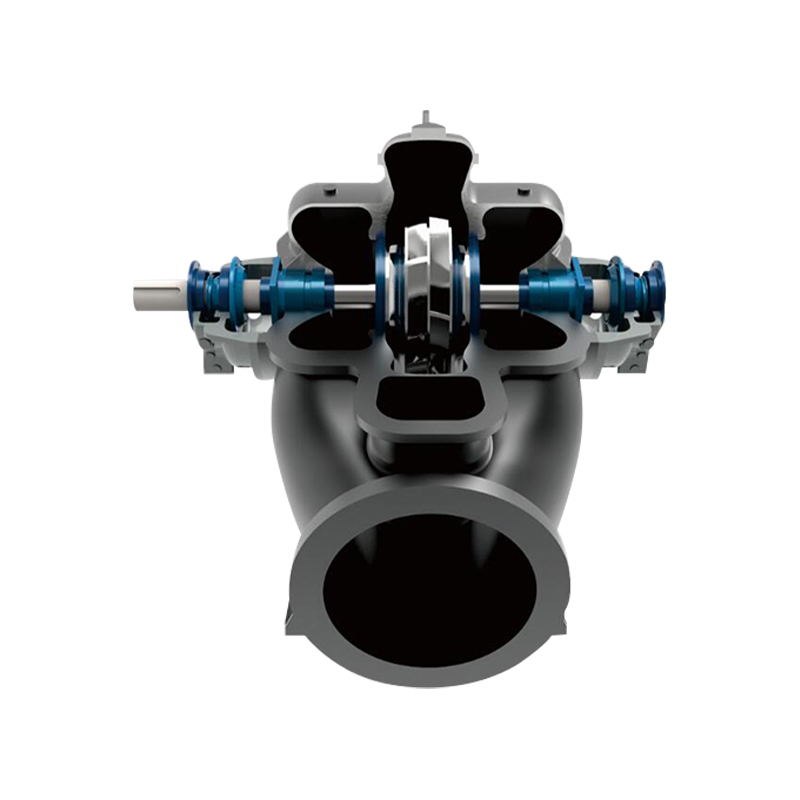
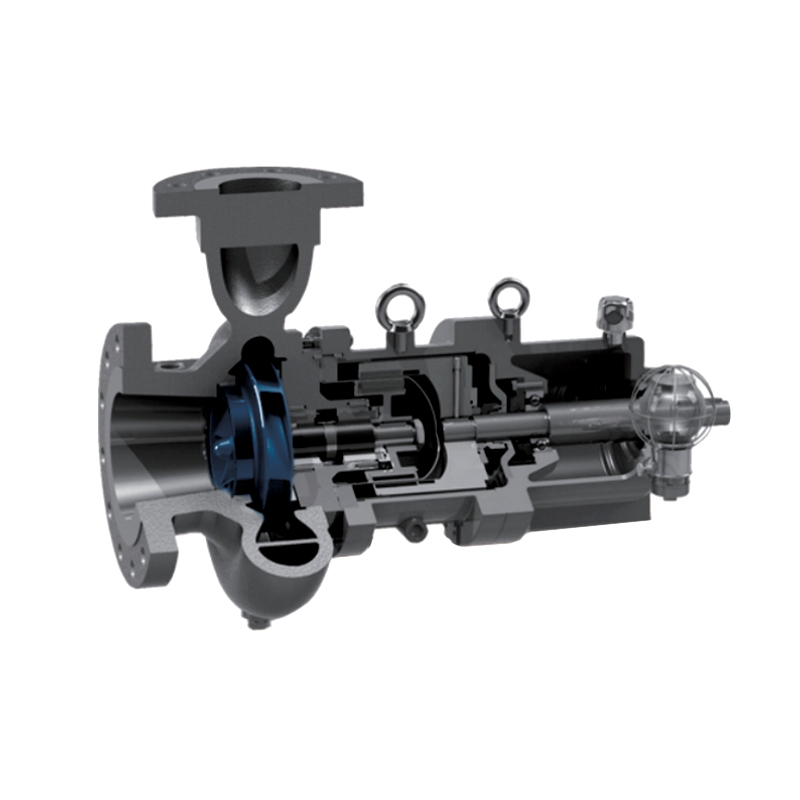
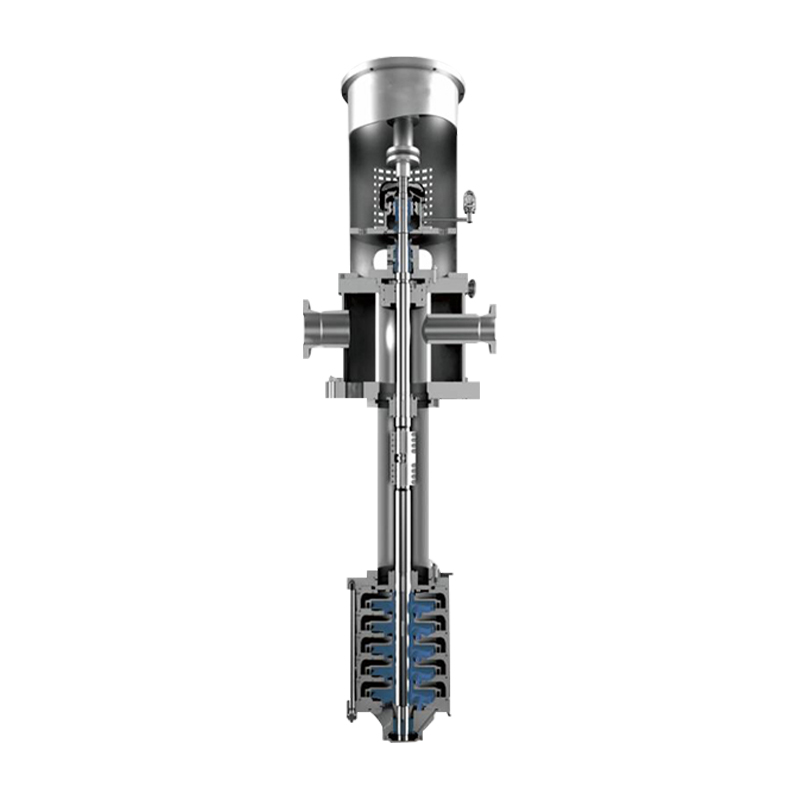
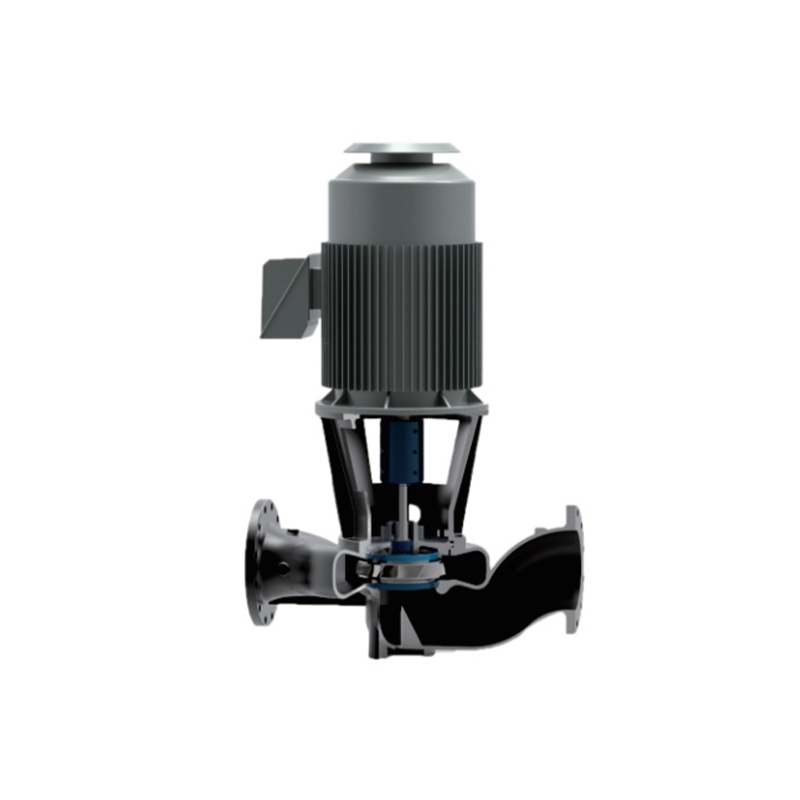

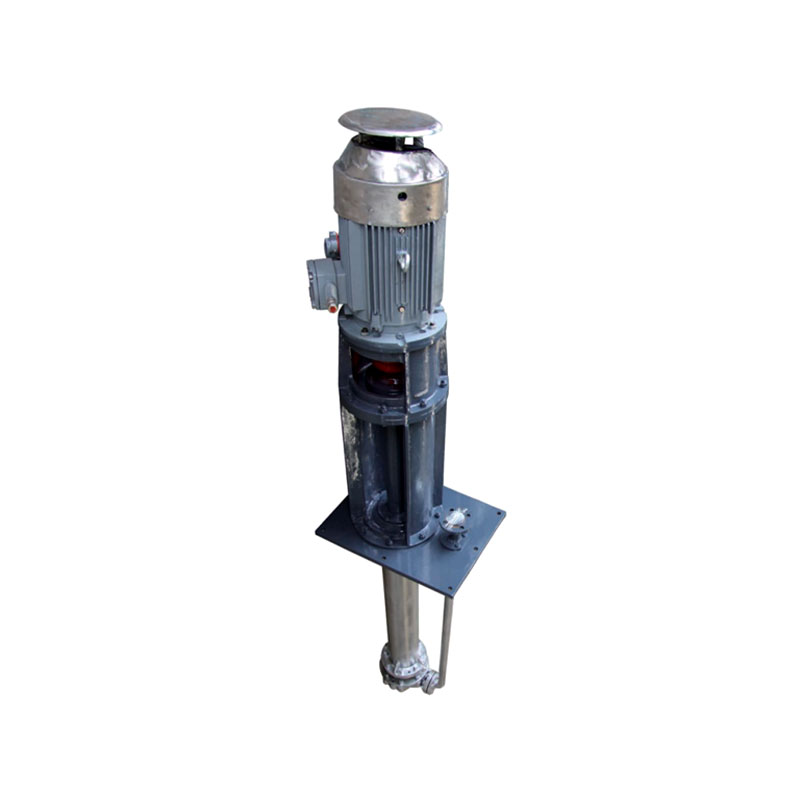
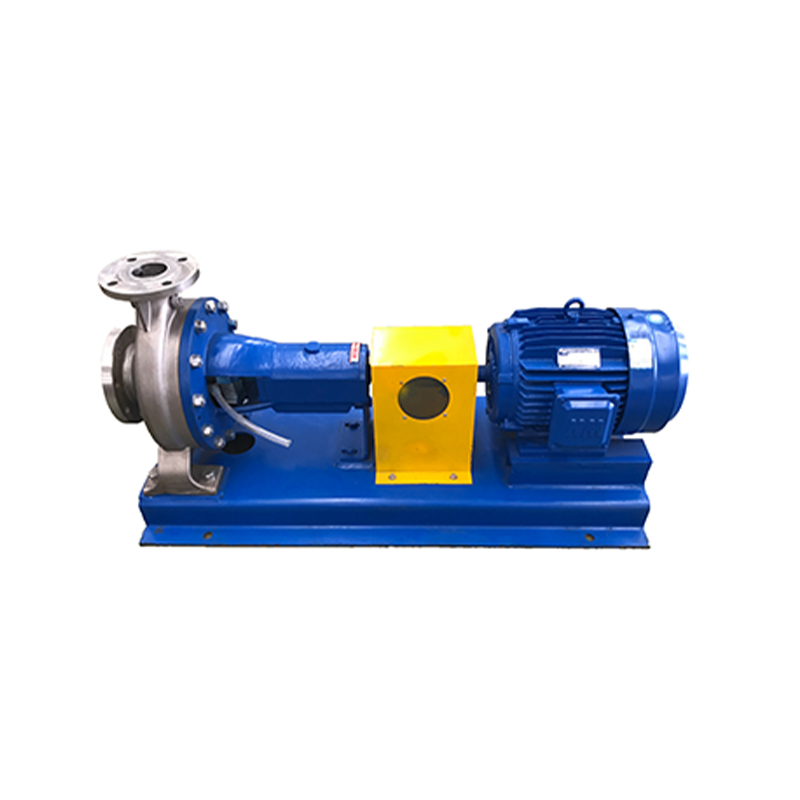

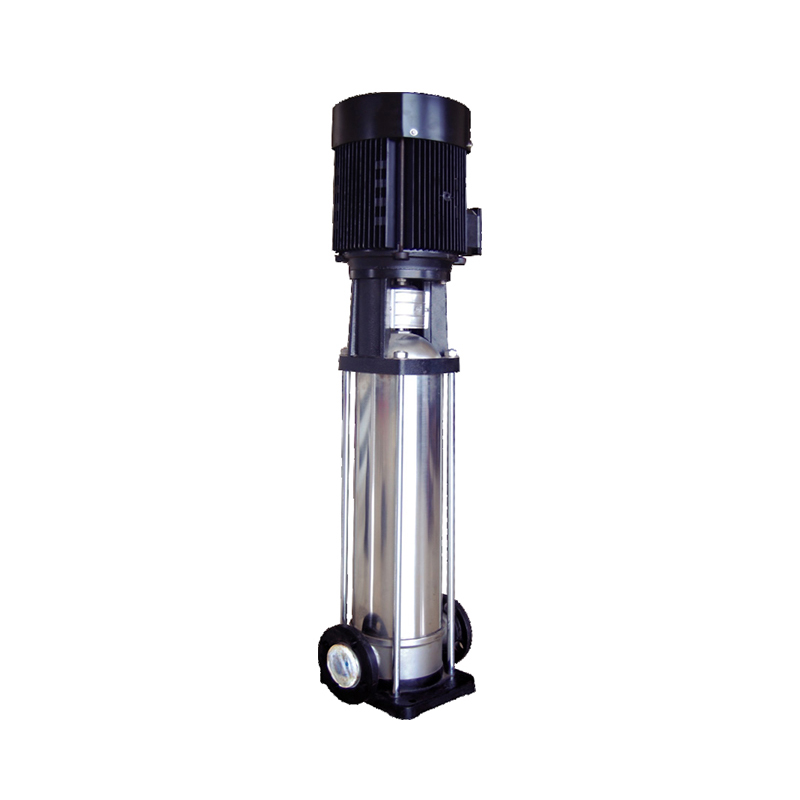






 ENG
ENG

 TOP
TOP